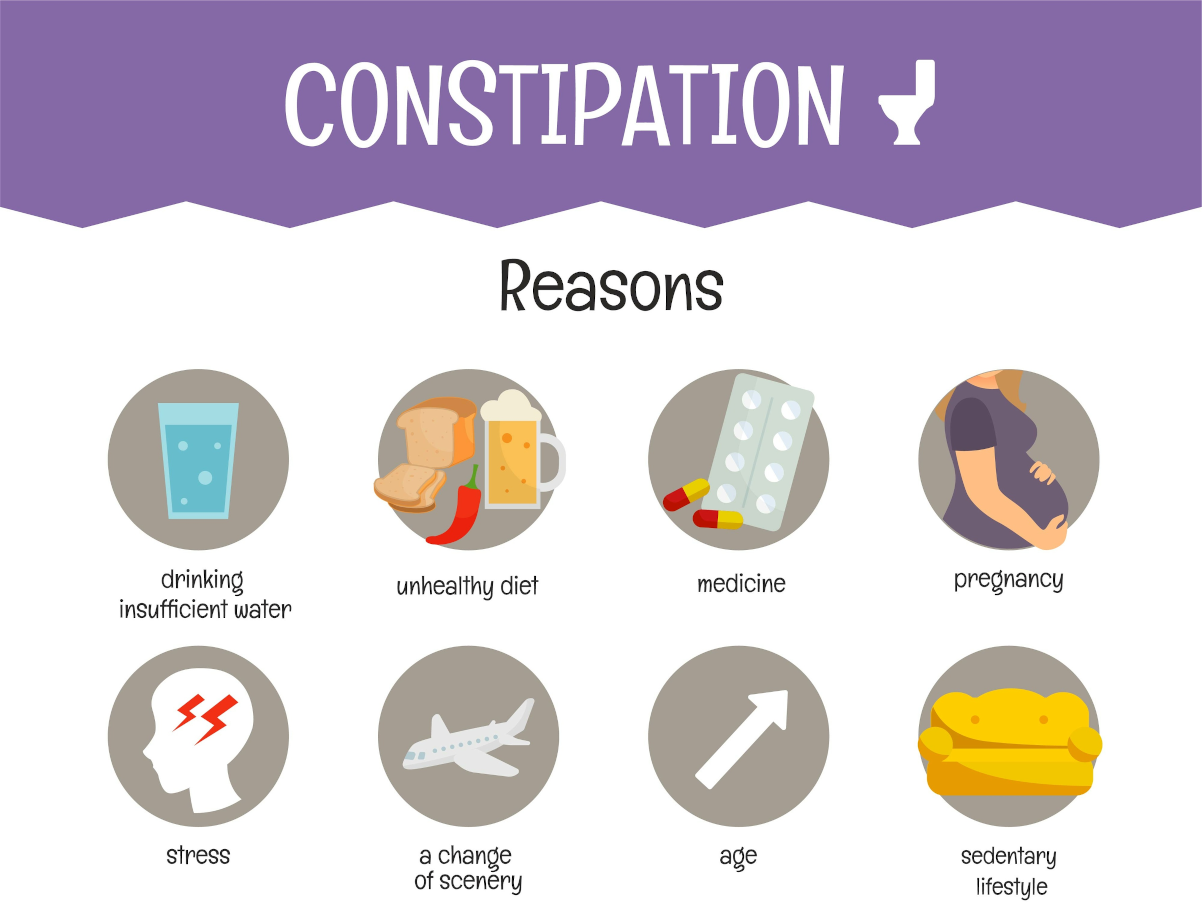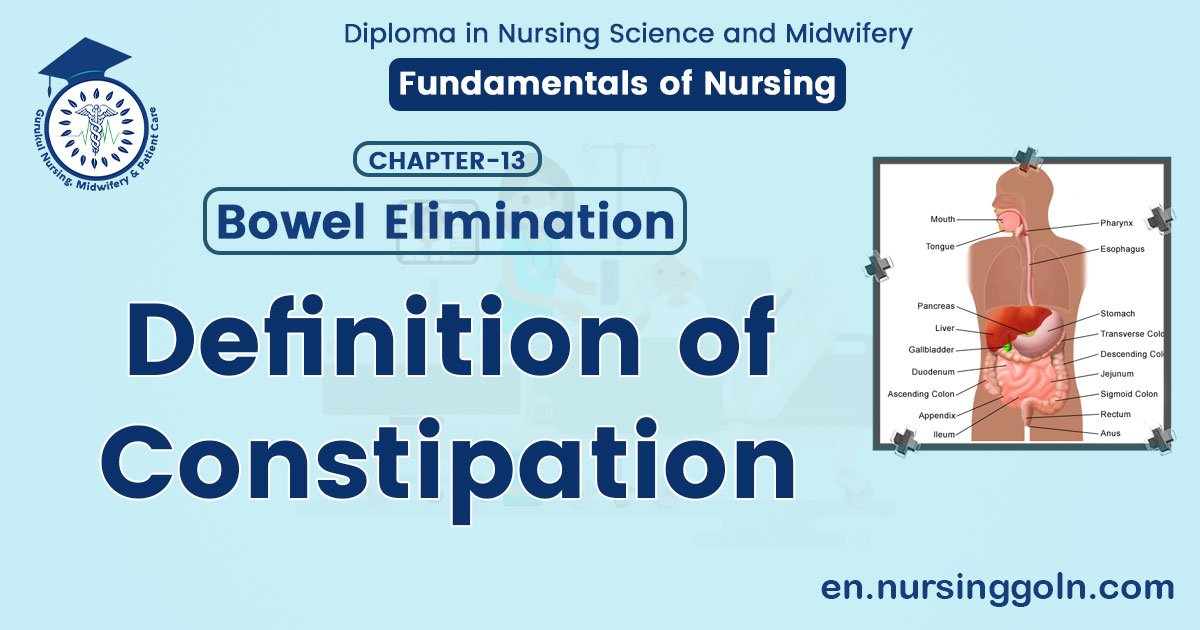Definition of Constipation – Nursing is a profession within the healthcare sector focused on the care of individuals, families, and communities so they may attain, maintain, or recover optimal health and quality of life. Nurses may be differentiated from other healthcare providers by their approach to patient care, training, and scope of practice. Nurses practice in many specialisms with differing levels of prescriber authority.
Many nurses provide care within the ordering scope of physicians, and this traditional role has shaped the public image of nurses as care providers. However, nurses are permitted by most jurisdictions to practice independently in a variety of settings depending on training level. In the postwar period, nurse education has undergone a process of diversification towards advanced and specialized credentials, and many of the traditional regulations and provider roles are changing.
Nurses develop a plan of care, working collaboratively with physicians, therapists, the patient, the patient’s family, and other team members, that focus on treating illness to improve quality of life. Nurses may help coordinate the patient care performed by other members of an interdisciplinary healthcare team such as therapists, medical practitioners, and dietitians. Nurses provide care both interdependently, for example, with physicians, and independently as nursing professionals.
Definition of Constipation
Constipation refers to the passage of small, dry hard stool or the passage of no stool for a period of time. Constipation occurs when the movement of feces through the large intestine is slow, thus allowing time for additional reabsorption of fluid from the large intestine.

Causes of Constipation:
A. Gastrointestinal disorders:
a) Dietary: Lack of fibre and/or fluid intake.
b) Motility: Slow-transit constipation, Irritable bowel syndrome.
c) Structural: Colonic carcinoma, Diverticular disease, Hirschsrung’s disease.
d) Defecation: Obstructed defecation, anorectal disease (Crohn’s, fissures, haemorrhoids).
B. Non-gastrointestinal disorder
a) Drugs: Opiates, anticholinergics, calcium antagonists, iron supplements, aluminium-containing antacccids.
b) Neurological: Multiple sclerosis, Spinal cord lesions, Cerebrovascular accident, Parkinsonism.
c) Metabolic/endocrine: Diabetes mellitus, Hypercalcaemia, Hypothyroidism, Pregnancy.
C. Others:
a) Any serious illness with immobility, especially in the elderly.
b) Depression
Clinical Features of Constipation
Signs and symptoms of chronic constipation include:
- Passing fewer than three stools a week
- Having lumpy or hard stools
- Straining to have bowel movements
- Feeling as though there’s a blockage in your rectum that prevents bowel movements
- Feeling as though you can’t completely empty the stool from your rectum
- Needing help to empty your rectum, such as using your hands to press on your abdomen and using a finger to remove stool from your rectum
Prevention of Constipation:
A. Health education: If a person is suffering from constipation, make him understand the physiology of defection and the factors affecting defecation.
B. Adequate dietary intake: Food should be sufficient and adequate fluids should be taken daily,
C. Adequate roughage in diet: Raw and cooked vegetables should be taken. Take whole grain cereals and raw fruits. Heavy breakfast helps relieve constipation.
D. Establishment of habit pattern: Everyone must learn that ignoring the stimulus finally weakness it. It is better to establish a regular bowel movement after breakfast.
E. Relaxation: A person should be free from stress, anger and worry because these interfere with the defecation reflex.
F. Privacy: Everyone needs privacy for defecation
G. Posture: A squatting posture is the most effective posture for defection because in this posture the intra-abdominal pressure is increased.
H. Exercise: Sufficient exercise to maintain normal muscle tone of the abdominal and the perineal muscle, should be encouraged.
I. Use of medication: Avoid use of self-medication such as laxatives, suppositories and enemas
